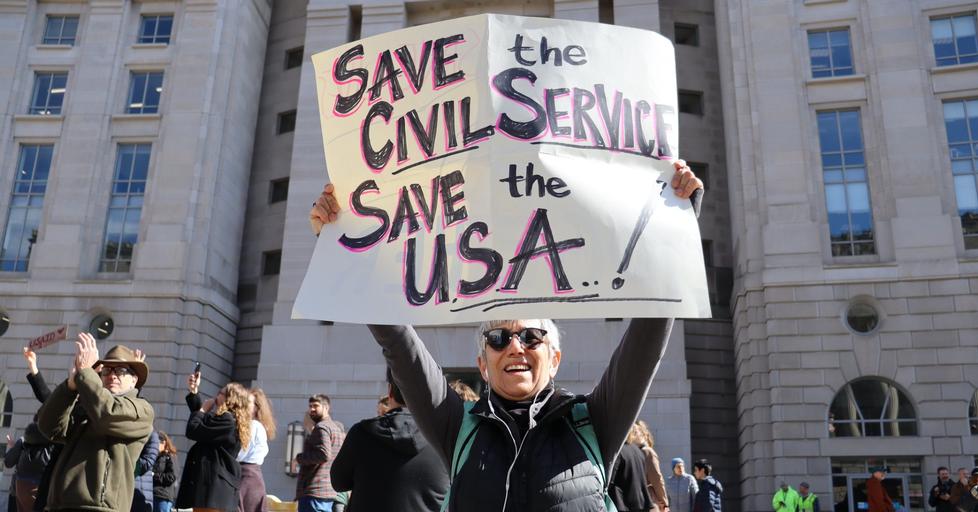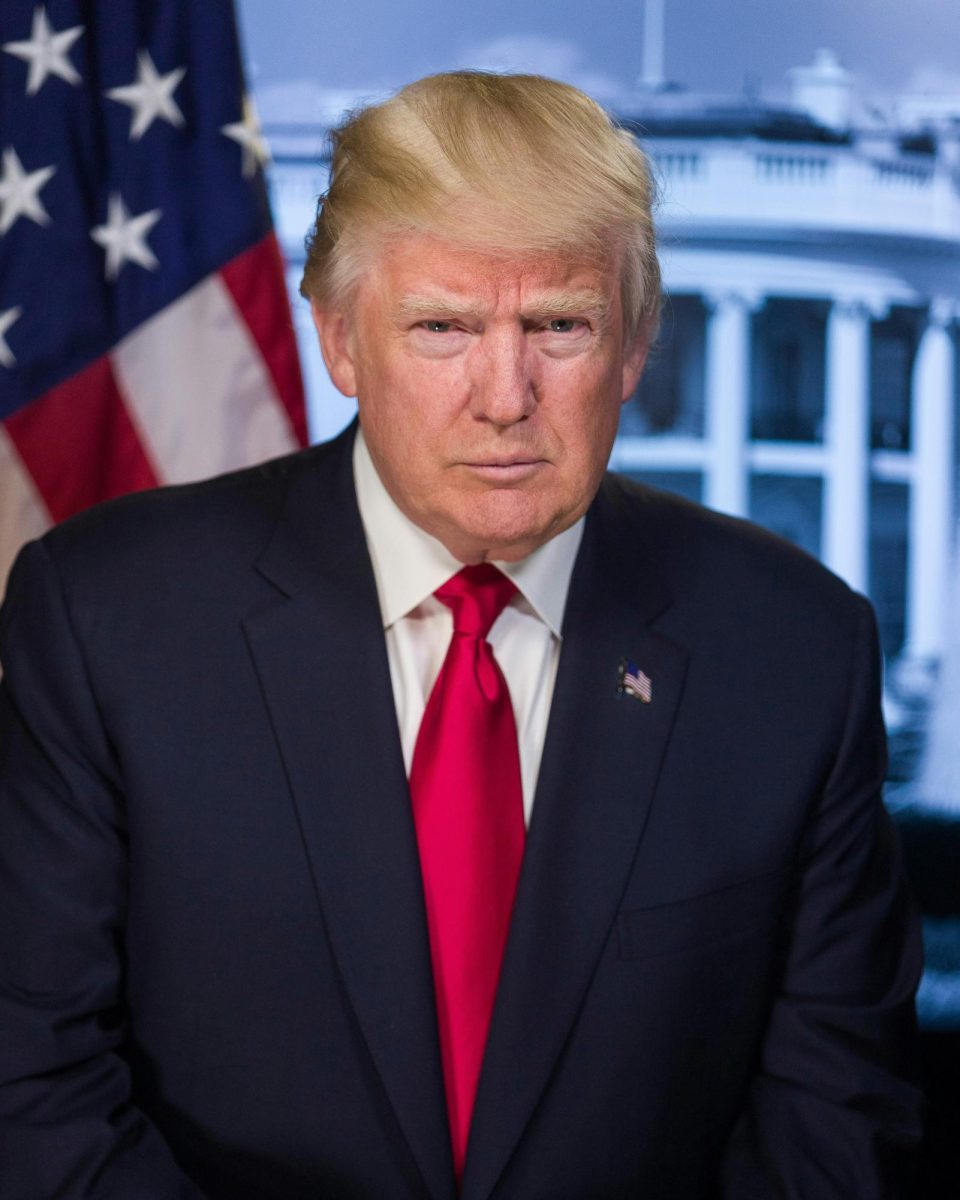The American people have spoken.
In a choice between a party of political correctness and identity politics and a party that strays so far from these values, America sided with the latter. But 75 million people did not propel President-elect Donald Trump to the most powerful position in the free world because they all believe he deserves it — they did so because they believe Democrats do not.
The worst part is, they are right.
Democrats have never seemed to grasp the flaws with their identity-based approach to politics — that is, their advocacy for social policies and reforms that often impact “shared group identities based on linked oppressions,” as Tressie McMillan Cottom, a columnist for The New York Times, put it. However true Democrats’ intentions may have been, prioritizing group identity and emphasizing race, gender, and sexual orientation alienated many voters. “The Democratic Party’s obsession with ‘woke’ culture,” Alex Gabriel argued in a recent opinion article in The Hill, “alienated moderates, especially in battleground states, and pushed voters into the arms of a party that promises cultural conservatism as a bulwark against a changing society.”
The focus on identity and social progressivism also created a perception of elitism, with Democrats becoming viewed as urban, educated, and affluent elites out of touch with the general public and more concerned with social issues and diversity than with the economic concerns of most Americans. David Brooks, a columnist for The New York Times, articulated this point clearly, explaining that Democrats have recently become closely linked with “educated-class progressivism,” (for example, the pro-Palestine protests and encampments on college campuses last spring) rather than the “working-class progressivism” that former President Barack Obama championed and Brooks himself finds more “attractive.” Brooks went on to argue that contemporary progressives are elite and privileged, a blatant contradiction to “their identity as an enemy of privilege.”
Especially for working-class voters who feel economically marginalized, identity politics makes it seem as if Democrats prioritize the concerns of cultural progressives, urban professionals, and minority groups over the struggles of those who feel left behind in a time of rapid societal, economic, and political change. In fact, Senator Bernie Sanders, a progressive independent, said after the election that Democrats lost because they “abandoned working class people.” Sanders makes a compelling case — instead of addressing high inflation and cost of living or curbing the increases in crime and homelessness, it can often seem to the working class as if Democrats are most focused on pushing progressive social reforms and telling people what they should and shouldn’t say.
Of course, it isn’t as if these social issues are not worth fighting for. And importantly, it isn’t as if every person who voted for Trump rejects these issues. However, putting so much emphasis on identity politics is a tradeoff. As Jeffrey Sonnenfeld, a Yale School of Management professor, reflected after the election, “the focus on cultural issues has diverted the Democrats from addressing the specifics of the economic message voters wanted.” Every minute Vice President Kamala Harris spent campaigning for LGBTQ+ rights, for example, is a minute she could have spent elaborating on her economic policies, which were often criticized as unclear. And so, the question coming into this election was if this tradeoff was worth it — do Americans care about social issues as much as Democrats thought they did?
Last week, America gave Democrats their answer loud and clear.
Not only did Trump defeat Harris in the Electoral College by an 86-point margin, win the popular vote for Republicans for the first time since 2004, and sweep all seven swing states — he also saw an increase in support from groups that have previously voted Democrat, most notably Latinos.
Many are dumbfounded by Trump’s victory, but really, it is quite simple. In 2016, and again on November 5th, Trump won the presidency because more and more Americans are gravitating away from identity politics and towards populist rhetoric that promises to take back control from elites and champion the interests of the forgotten working class. Even in his pick for vice president — JD Vance, a man with connections to Appalachia, a forgotten, high-poverty region of the U.S. — Trump highlighted his focus on representing Americans who were growing increasingly irritated by progressivism and political correctness.
The ironic thing is, Democrats were so focused on using Trump’s politically incorrect language and rhetoric against him, assuming it would have to cost him the election, that they never thought to consider that perhaps the opposite was true. Because, frankly, regardless of how insulting or wrong Trump is, people are impressed with his ability to speak freely without fear of the so-called ‘cancel culture’ that progressives have created, as Maureen Dowd, a columnist for The New York Times, reflected after the election. “Democrats spend way too much time trying not to offend anyone,” Dowd wrote. “Donald Trump played to the irritation of many Americans disgusted at being regarded as insensitive for talking the way they’d always talked.”
Ultimately, the American people want a better life — that is all. They want to believe fully in the American Dream. They want to live in a country where they do not just get by, but get ahead, as Harris herself says. But regardless of what Democrats may believe, that vision for our nation lies beyond a focus on diversity, inclusion, and justice. It lies beyond a self-proclaimed duty to right the wrongs of every historical grievance and inequality. And it certainly lies beyond telling people what they can and cannot say.
This is hard for Democrats to hear — it should be. It should be difficult to grasp that the party of inclusion, social justice, and civil discourse must take a long, hard look at itself while a party led by a convicted felon gets to celebrate the spoils of the election. But this is the harsh reality Democrats now live in and must accept if they have any chance of recovering from this election.
For the past year, Americans have been told repeatedly that last week’s election was an inflection point for our nation and a critical juncture in history. But perhaps the truly defining moment was not then, but now. Because Democrats face a decision right now that will come to define the future of their party, the country, and the world: will they learn from the election and refocus their priorities as a party, or will they continue charting a course less and less aligned with the American people?









